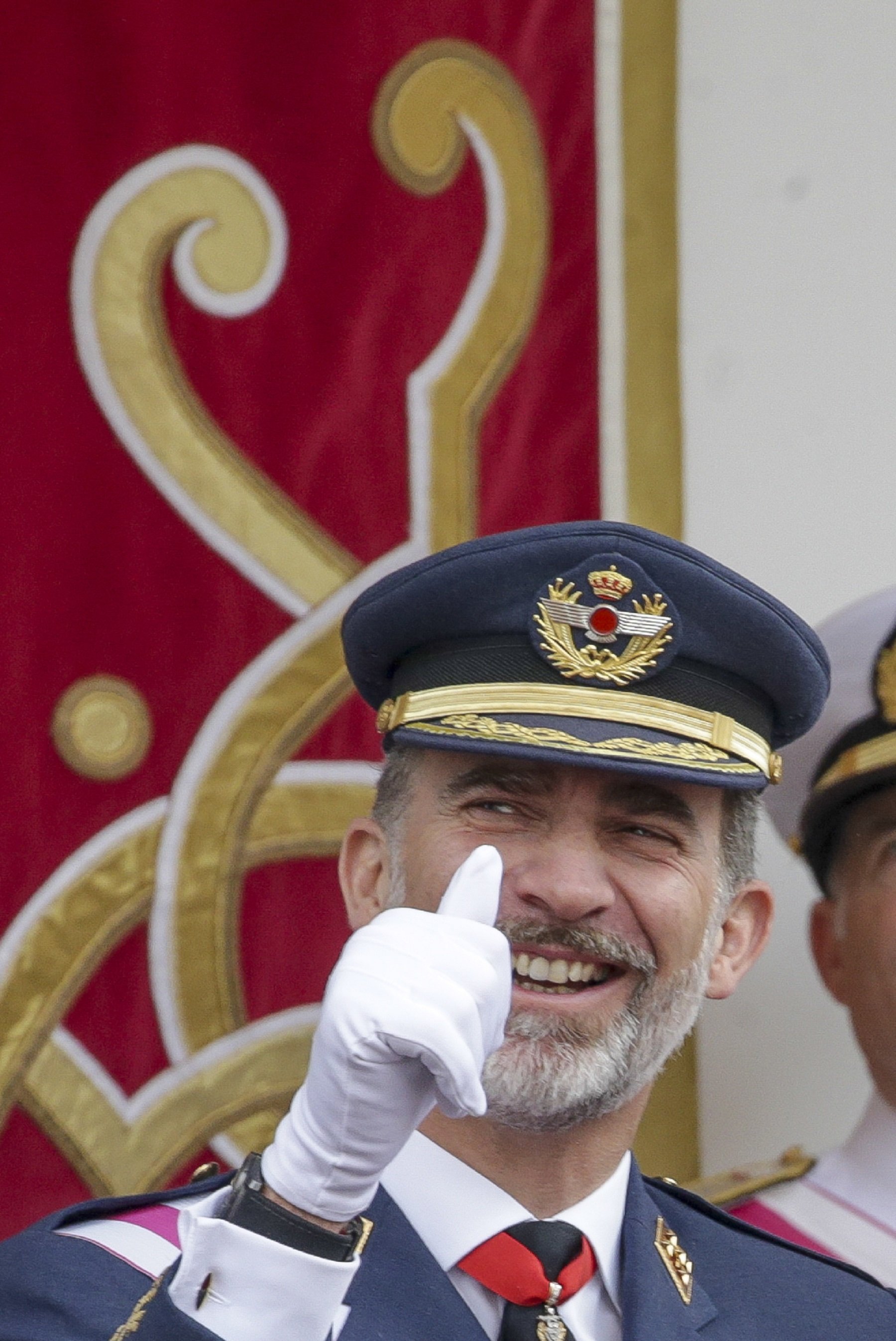The role to be played by Spain in the upcoming celebration of the 75th anniversary of the creation of the United Nations will be a curious one. On the one hand, king Felipe VI will speak next Monday at the UN special summit, while on the other, Spain has been unable to avoid claiming as its own the exiled members of its 1930s Republican government, who took part in the creation of the international body in 1945, while Franco ruled with an iron fist back home.
In fact, it was the Spanish foreign ministry which highlighted the presence of several members of the Republican government in exile at the UN founding meeting, assuring that "democratic Spain was also present". Now, 75 years later, the state is sending as a representative the son of the successor appointed by the then-dictator Francisco Franco.
The 'Spanish representatives' at the founding of the UN were Álvaro de Albornoz (who would later become prime minister of the Republican government in exile), Indalecio Prieto (president of the PSOE between 1948 and 1951), Fernando de los Ríos (minister of state in the government in exile), Juan Negrín (first president of the government in exile), Antonio María Esbert, Félix Gordón Ordás (prime minister of the Republic in exile), Julio Álvarez de Bayo (former Commissar of the Army) and Jose Antonio Aguirre (Basque lehendakari in exile).
In a video made for the 75th anniversary, the government of Pedro Sánchez recalls that "the Spanish Parliament in exile asked to participate in the San Francisco conference and the Spanish Liberation Committee drew up a memorandum with Spain's contribution to the debates".
The Spanish motion that "inspired" the UN
With the help of Mexico, the so-called "Quintanilla motion" was passed, which, according to the video, "enshrined the democratic ideal that inspires the United Nations" as it states that regimes which were established with support from the former Axis powers could not form part of the UN. Spain was thus, in theory, prevented from becoming a member of the UN until general Franco was removed from power.
However, this changed. In 1955, "as a result of the Cold War, the Franco regime was admitted to the organization, but Spain did not occupy its rightful place among the world's democracies until 1977, the result of a historic process of democratic transition", says the Spanish foreign ministry's text.
"Since then, Spain has exerted all its influence to promote the ideals that inspired the San Francisco Charter and will continue to do so," the video concludes with an image of Felipe VI speaking before the UN in 2018.
This time, the current Spanish head of state's address by video to New York will take place with his father, Juan Carlos I, having just been assisted by the Spanish government to flee to exile in the United Arab Emirates, after the emergence of damaging corruption allegations against him.

